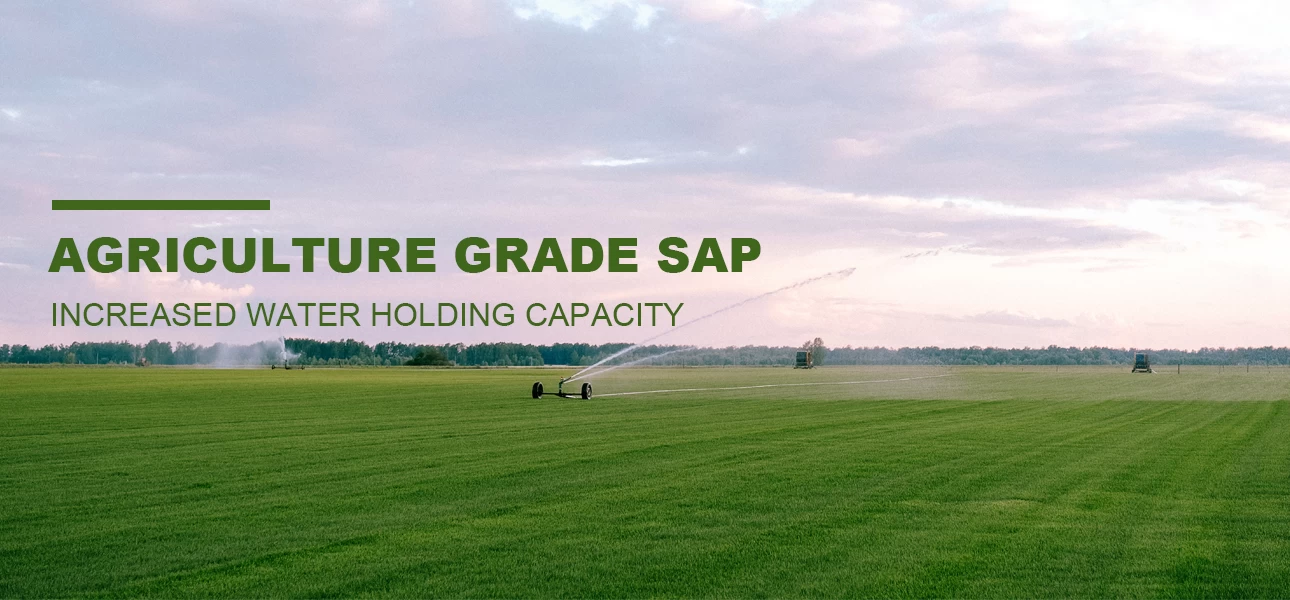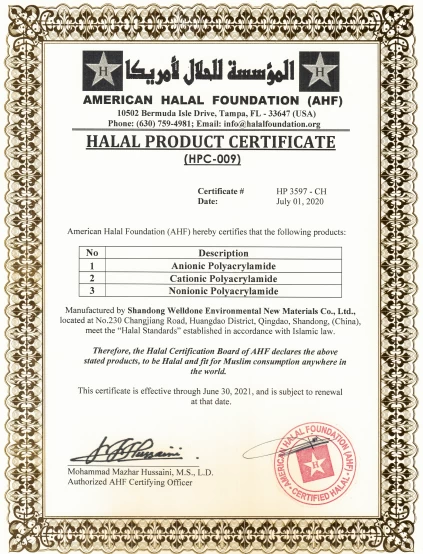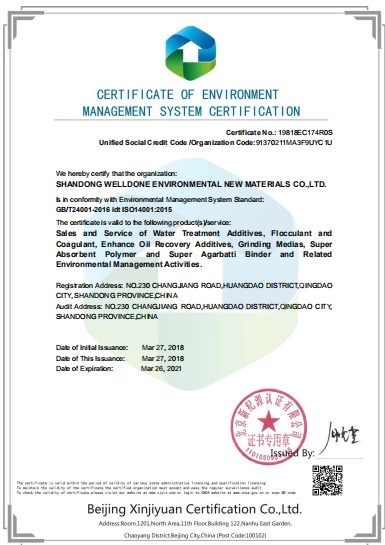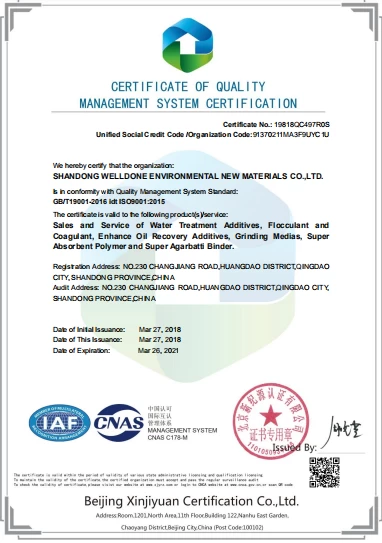Application and Dosage of Potassium Polyacrylate in Agriculture
Potassium polyacrylate is a superabsorbent polymer with the ability to absorb and retain large amounts of water. This unique characteristic makes it highly beneficial for agricultural applications. In this article, we will explore the various uses and recommended dosage of potassium polyacrylate in agriculture.
Soil Moisture Retention: Potassium polyacrylate is commonly used to improve soil moisture retention in agricultural practices. By absorbing water and forming hydrogels, it can effectively increase the water-holding capacity of soils. This results in improved drought resistance and reduced irrigation requirements for crops.
Dosage:
The optimal dosage of potassium polyacrylate depends on soil type, climatic conditions, and crop requirements. As a general guideline, a dosage of 20-40 kilograms per hectare is typically recommended. It is important to evenly distribute the polymer throughout the root zone of the plants for maximum effectiveness.
Seed Coating and Germination Enhancement: Potassium polyacrylate can be applied as a seed coating to enhance germination and improve seedling establishment. The hydrogel created by the polymer retains moisture around the seeds, providing a favorable environment for germination. It also protects the seeds from desiccation during dry spells.
Dosage:
For seed coating, a recommended dosage of 0.5-1 gram of potassium polyacrylate per kilogram of seeds is often sufficient. Ensure that the coating is applied uniformly to the seeds for consistent moisture absorption.
Crop Water Management: By improving soil moisture availability, potassium polyacrylate helps optimize crop water management. It reduces water stress on plants, especially during periods of inadequate rainfall or limited irrigation resources. This property is especially valuable in arid and semi-arid regions.
Dosage:
To manage crop water effectively, potassium polyacrylate can be applied in the range of 5-10 kilograms per hectare. Adjust the dosage based on specific crop requirements, soil conditions, and regional climate.
Nutrient Retention and Efficiency: Potassium polyacrylate has the capacity to retain soluble nutrients within its hydrogel structure. This feature minimizes nutrient leaching and enhances nutrient availability to plants. By improving nutrient efficiency, it contributes to healthier plant growth and higher crop yields.
Dosage:
For nutrient retention purposes, a recommended dosage of 10-20 kilograms per hectare is generally suitable. However, it is advisable to conduct soil tests and consult with agricultural experts to determine the most appropriate dosage for specific crops and soil conditions.
Conclusion:
Potassium polyacrylate offers significant benefits in agriculture by improving soil moisture retention, seed germination, crop water management, and nutrient efficiency. When used at the recommended dosages, it can help enhance agricultural productivity, conserve water resources, and mitigate the impact of drought conditions. However, it is important to consider individual crop requirements, soil characteristics, and environmental factors before applying potassium polyacrylate.











